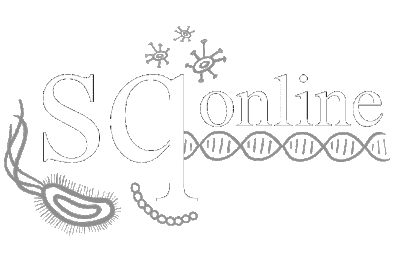Every week our Research Editors highlight a few of the latest headlines in science news and explain why these pieces are interesting and applicable to our classes at UC San Diego. If you find an engaging science article, share it with us on our Facebook page and your highlight may just be featured!
Simply Shining a Light Can Reveal the Brain’s Structure | Scientific American
Scientists are using a method called Optical Coherence Tomography (OCT), the optical version of ultrasound, to image the structure of the brain. OCT works by shining a light on neural tissue and measuring how much light reflects or scatters back from nerve cells and blood vessels. This non-invasive and safe method has great potential to improve understanding of brain diseases by enabling the imaging of brain structures further down from the cortical surface.
If you are interested in neurobiology, consider taking Systems Neurobiology (BIPN 142).
– Jasmine Chau | Sr. Research Editor
Scientists generate first human stomach tissue in lab with stem cells | Science Daily
Researchers have used human pluripotent cells to grow the first human stomach tissue. This is unprecedented because it is the first time scientists have created gastric cells from human pluripotent stem cells, reducing the variables created from using animal models. This opens up many possibilities for further research, such as studying how the stomach develops or using it to study cancer.
If you are interested in bioengineering, consider taking Introduction to Bioengineering (BENG 1).
– Jasmine Chau | Sr. Research Editor
Blood test may help diagnose pancreatic cancer | Science Daily
Indiana University researchers have discovered that a blood test could potentially diagnose pancreatic cancer, which is one of the deadliest forms of cancer. It was found that several microRNAs that circulate in very large quantities in the blood of patients with pancreatic cancer, could be detected with something as simple as a blood test. Pancreatic cancer is very difficult to detect and diagnose due to a lack of noticeable signs or symptoms during the early stages. While additional studies must be conducted, it is clear that this discovery is key in the fight against pancreatic cancer.
If you are interested in learning about the metabolism of cancer cells, consider taking Biology of Cancer (BIMM 134).
~ Neil Srinivas | Jr. Research Editor
Potential target for treating triple-negative breast cancer identified | Science Daily
Researchers have identified that the removal of a protein, Atypical Protein Kinase c lambda/iota, could potentially prevent metastasis of breast cancer. This protein, known to influence cell growth, is highly expressed in what is known as “Triple-negative breast cancer”. This is a rare form of breast cancer that can be more aggressive and is more likely to recur when compared to other forms of breast cancer. Further experimentation on mice supported this hypothesis, as depleting the protein significantly slowed the breast cancer tumor growth.
If you are interested in learning about the metabolism of cancer cells, consider taking Biology of Cancer (BIMM 134).
~ Neil Srinivas | Jr. Research Editor
